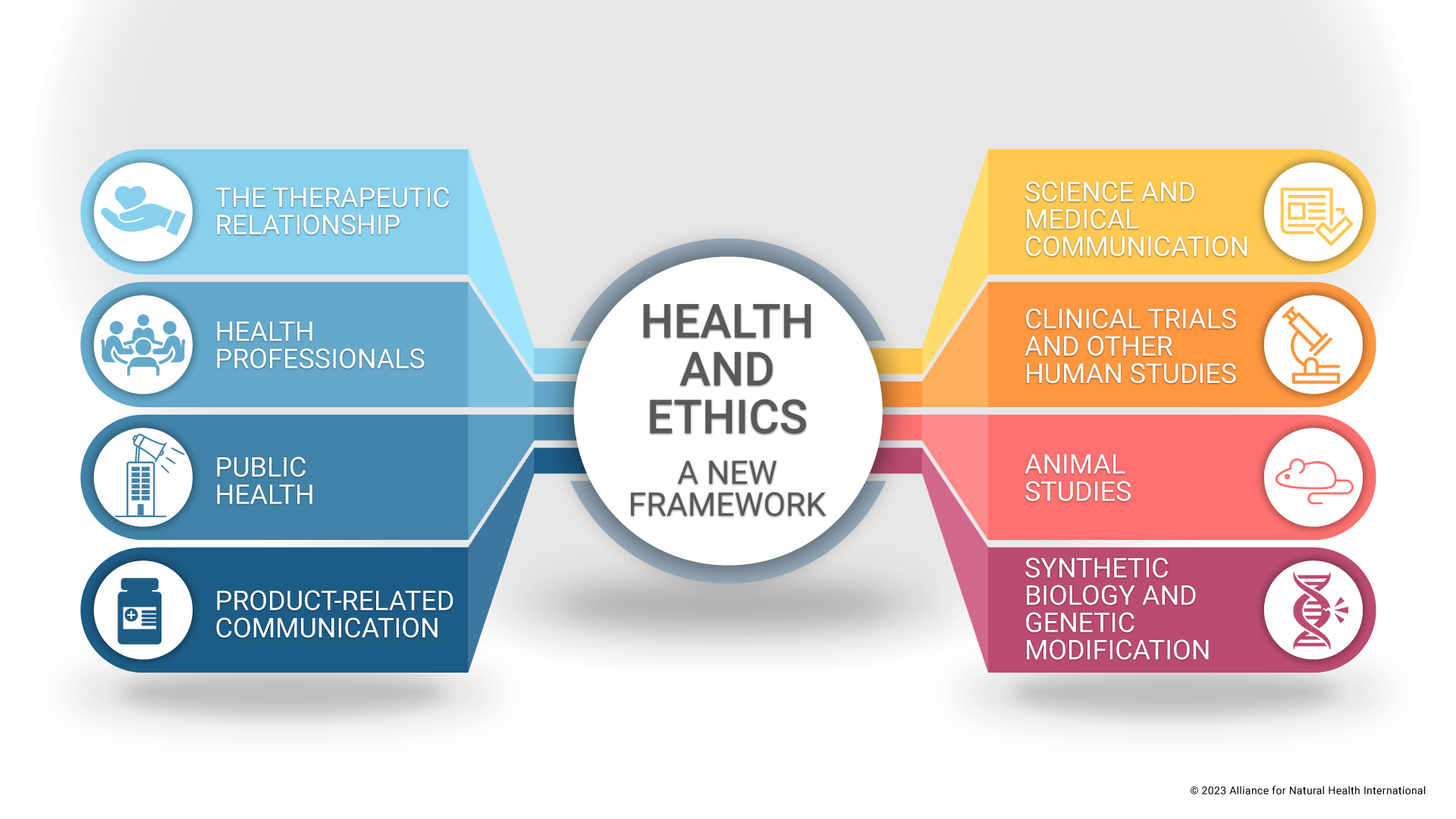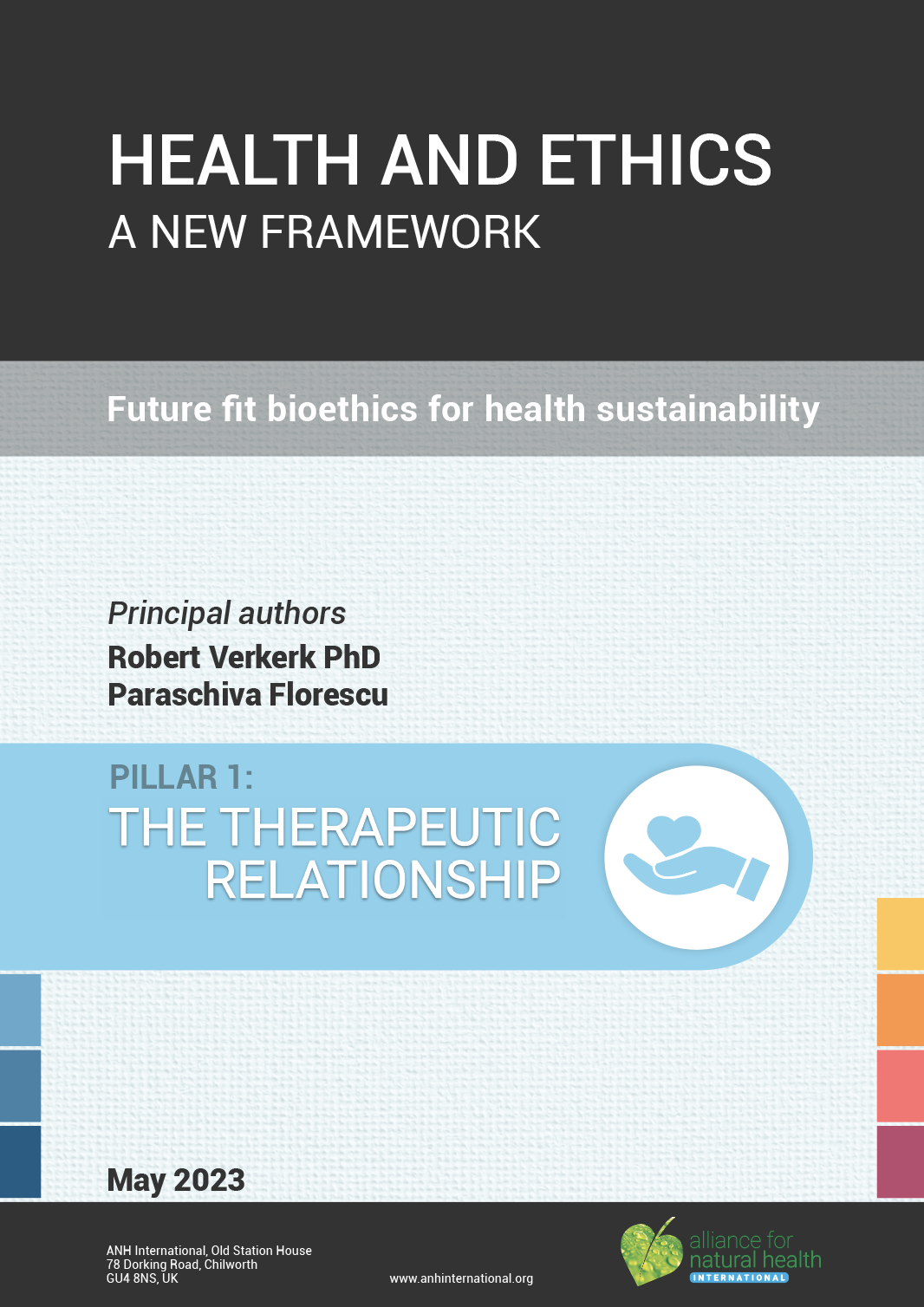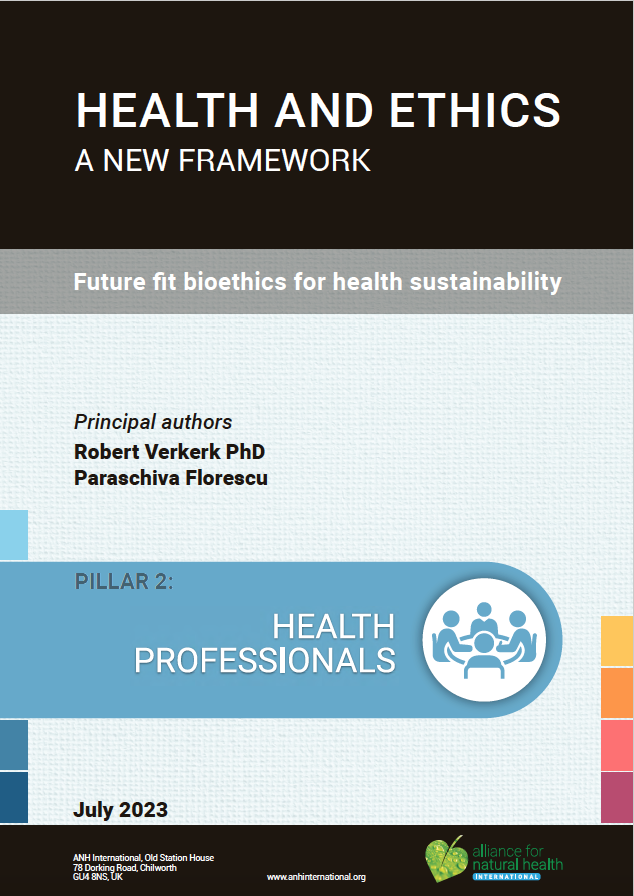Content Sections
Introduction
There will barely be a person on planet Earth who wouldn’t agree that since the World Health Organization (WHO) announced COVID-19 as a Public Health Emergency of International Concern in February 2020, the way in which human health is conducted, managed and controlled, has changed significantly.
One of the big factors driving this change is the shift in the locus of control of healthcare decision making. This is epitomised by a substantial transition away from decentralised, local societal controls, towards control by governments and supranational organisations, such as the WHO. This trend is strongly associated with rising authoritarianism and the centralisation of global power.
These are amongst many changes that have increasingly run roughshod over systems of medical ethics and bioethics — systems that have evolved over more than four millennia. Despite the diversity of cultures, and the vast periods of human history that have elapsed since the earliest writings on medical ethics in the ancient, Sanskrit, Vedic texts, some core principles have remained intact, even if they are sometimes disregarded in practice. They include such moral concepts as respecting and protecting the dignity of all human beings, and acting in the best interests of the patient or client. It is often the diverse interpretation of such concepts that results in disharmony over ethical standards of practice.
As a non-profit with an acute awareness of the ways in which governments and corporations have collaborated to marginalise nature-aligned and sustainable approaches to health and care, the Alliance for Natural Health International has been developing a new framework for health and ethics, one built around 8 pillars. These are summarised below:

Recent events have convinced us that there has never been a more important time to bring ethics back into the central frame of medical practice, public health and health-related research. With the development of synthetic biology and medical technologies utilising mRNA and gene editing techniques that have the capacity to modify human beings in ways that Nature cannot, it would be absurd to put ethical considerations on the back burner.
However, without open, multi-disciplinary dialogue that can only occur when health professionals and the public are allows to express themselves freely, it is not possible to achieve meaningful, society-wide consensus. The recent marginalisation or silencing of dissenting voices does have historical precedents. Examples include Confucianism during the Qin Dynasty, herbalism during the British Middle Ages, and the American Medical Association’s attacks on homeopathy in the USA starting in the late 1800s.
The silencing of dissent and gaslighting that has been associated with the COVID-19 era is a readily justifiable addition to the list. This is absolutely the right time to reimagine and reframe systems of ethics that influence healthcare, medical practice and medical research, for the benefit of — not a few corporate stakeholders — but the vast majority of people on our planet. People who rely, at least during certain stages of their lives, on its services for their health, quality of life and welfare.
Equally, those who are not reliant on such services need to be able to exercise their own right to self-determination and autonomy. While not generally recognised, in the absence of these principles, effective self-care is extraordinarily challenging, especially when authorities are moved to restrict access to a diverse range of natural health products in an effort to protect pharmaceutical and other interests.
>>> FEATURE: Medical ethics – our best chance of restoring distorted health systems?
Pillar 1: The Therapeutic Relationship
The first pillar, focuses on the all-important relationship between a health practitioner and his or her patient or client.
These are our 12 principles and propositions for the first of the eight pillars of our new framework for health and ethics; namely, ‘the therapeutic relationship’.
It is this particular human relationship, between physician or other health practitioner, and patient or client, that is responsible for bringing humans this far, weathering natural disasters, accidents, and disease. Synthetic biology and artificial intelligence, that represent new forms of creative expression of the ingenious human mind, may well have their place.
However, as yet, they cannot replace the two most important, light-filled connections required to facilitate the regeneration of human health: the therapeutic relationship, and our interconnection with nature.
>>> Read - LAUNCH: ANH reframes ethics for the therapeutic relationship

>>> Download ANH's full report on The Therapeutic Relationship (Pillar 1). Health and Ethics: A New Framework (2023). Principal authors: Verkerk R, Florescu P. Alliance for Natural Health International.
Pillar 2: Health Professionals
Our second pillar deals with ethics that relate to Health Professionals.
This document concerns the second of eight pillars that form part of a new ethical framework relevant to human health being developed by the Alliance for Natural Health International, as follows:
>>> Read - LAUNCH - Ethics for health professionals

>>> Download ANH's full report on Health Professionals (Pillar 2): Health Professionals: A New Framework (2023). Principal authors: Verkerk R, Florescu P. Alliance for Natural Health International.



